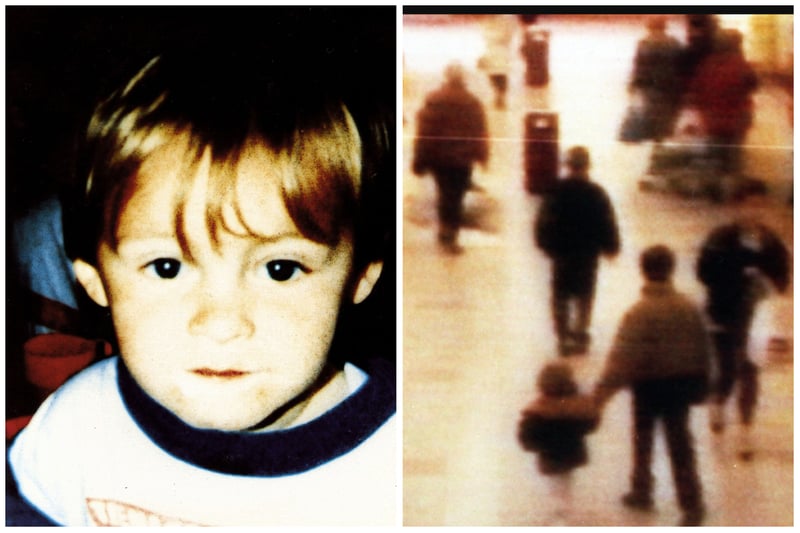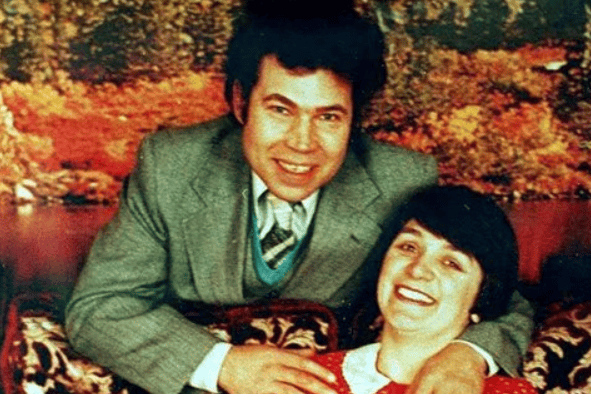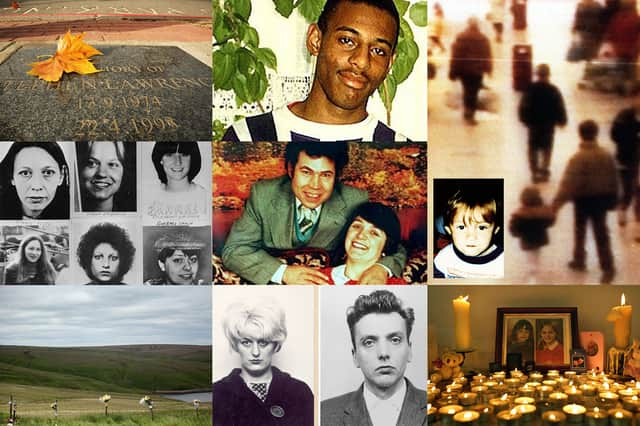Britain has suffered its fair share of serial killers - from the twisted doctor Harold Shipman, who is estimated to have killed up to 250 patients, to the chilling moors murders committed in the 1960s. Some of these mortifying murders led to sweeping reforms in a bid to prevent crimes of a similar nature happening again in the UK.
The overhaul of protection procedures in the wake of the Soham murders was estimated to have reached £185 million, while the abduction and murder of schoolgirl Sarah Payne led to a high-profile campaign for people to get access to the Sex Offenders’ Register.
And the racially motivated murder of Stephen Lawrence exposed insitutional failings within the Met Police as well as leading to change.
Here are 10 cases which shocked the country and led to change.
And the racially motivated murder of Stephen Lawrence exposed insitutional failings within the Met Police as well as leading to change.

5. The James Bulger murder
In a case that sent shockwaves throughout the country James Bulger was murdered by Jon Venables and Robert Thompson. Venables and Thomspon were just 10 years old they snatched him from a shopping centre in Bootle, Merseyside, in February 1993. A CCTV image showed the two-year-old being led away. The pair tortured and murdered the toddler and his body was found two days later on a railway line 2.5miles away in Walton, Liverpool. Venables and Thompson were jailed for life but released on licence with new identities in 2001. They are two of only a small group to be given lifetime anonymity orders. However, Venables was sent back to prison in 2010 and 2017 for possessing indecent images of children.

6. Fred and Rose West
The home of Fred and Rosse West at 25 Cromwell Street in Gloucester became known as the “House of Horrors”. The bodies of nine women, including their daughter Heather, were discovered buried in the cellar and garden of the terraced house. The pair collaborated in the torture and murder of at least nine women between 1973 and 1987. While, in 1971 Rose killed her 8-year-old stepdaughter Charmaine. The case triggered one of the biggest police investigations in British criminal history. Fred, who was charged with 12 murders, took his own life just prior to his trial in 1995. While Rose was convicted of 10 murders - including that of her eldest daughter Heather, 16. She was given a whole life tariff - at the time it was only the second instance of a woman being given such a sentence, with Myra Hindley being the only other case.

7. The Soham murders
The murders of Holly Wells and Jessica Chapman shocked the nation and changed the course of British policing. On August 4, 2002, the 10-year-old school friends at Jessica’s family home in Soham, Cambridgeshire. They left the house to buy sweets from a vending machine at the local sports centre, and on their return, resident and school caretaker Ian Huntley lured the pair into his home. Huntley murdered the children - likely via asphyxiation - before disposing of their bodies in an irrigation ditch close to RAF Lakenheath in Suffolk. Their bodies were discovered two weeks later. Huntley was sentenced to life with a minimum of 40 years. The case changed the way police forces share information after it came to light that information about Huntley hadn’t been disclosed. He had been investigated in relation to sex offences though never convicted - however checks before he was appointed school caretaker failed to unearth this.

8. The murder of Sarah Payne
Sarah Payne was abducted and murdered by Roy Whiting in July 2000. She disappeared from a field near her grandfather’s home on 1 July while playing with her two brothers. After murdering her Whiting dumped her body in a field 15 miles away where it was found more than two weeks later. He was convicted in 2001 and sentenced to a minimum of 40 years in jail. The case prompted calls for Sarah’s Law for controlled access to the sex offenders’ register so people could know if a child sex offender lived in their area. Whiting had a previous conviction for abduction and indecent assault of a young girl and had been one of the first people in the country placed on the register. Ultimately a modified version of of what the campaigned called for - the Child Sex Offender Disclosure Scheme, was introduced.


